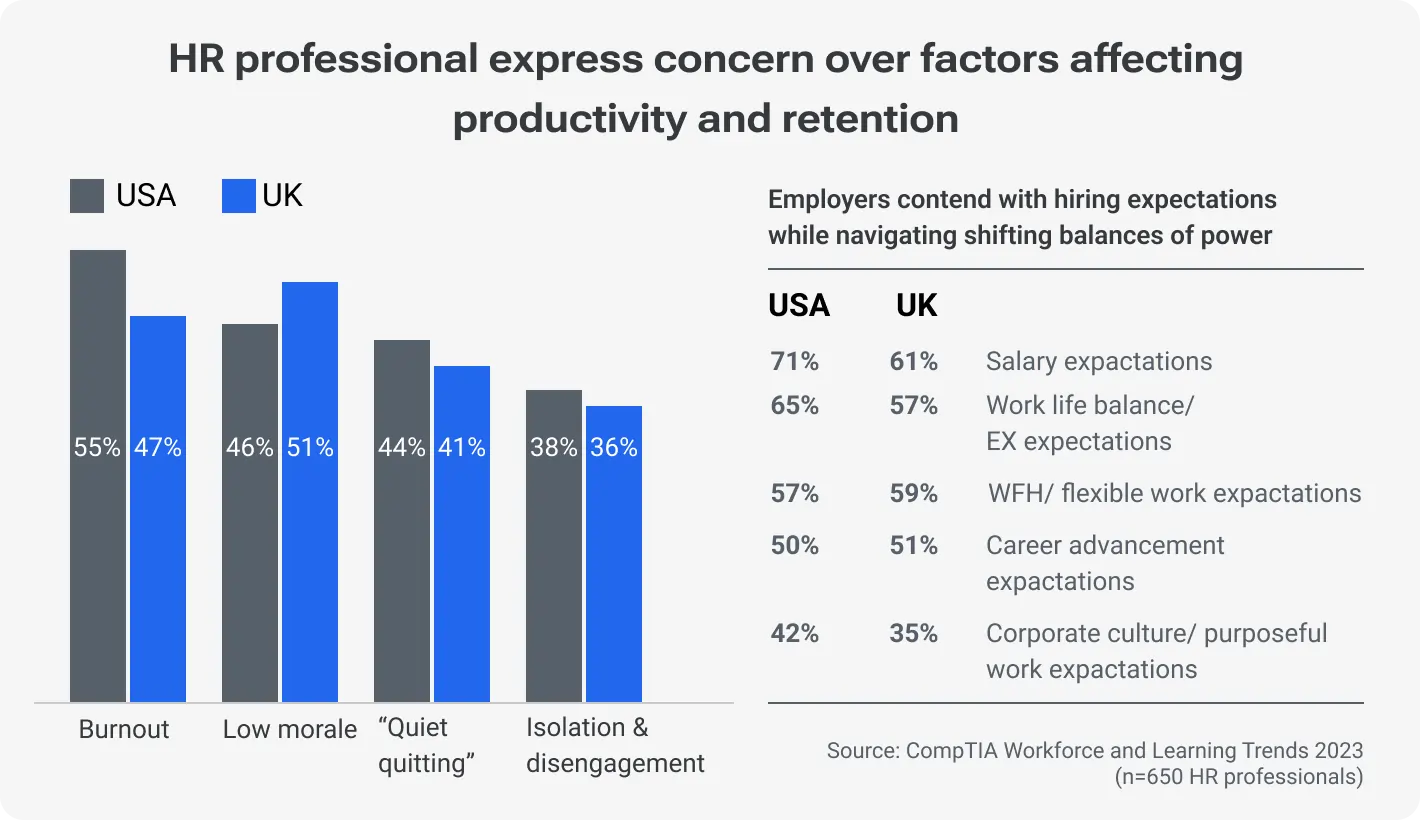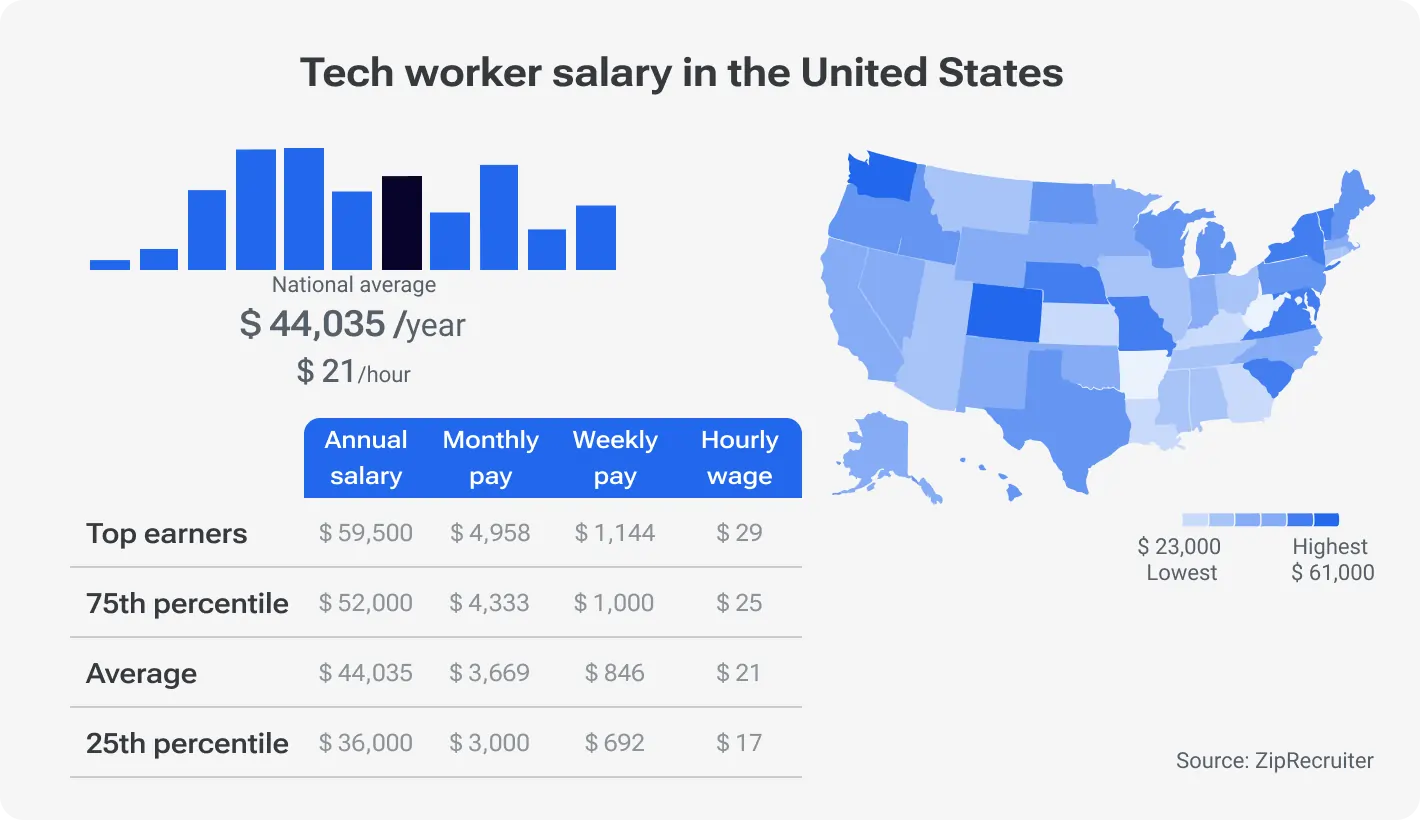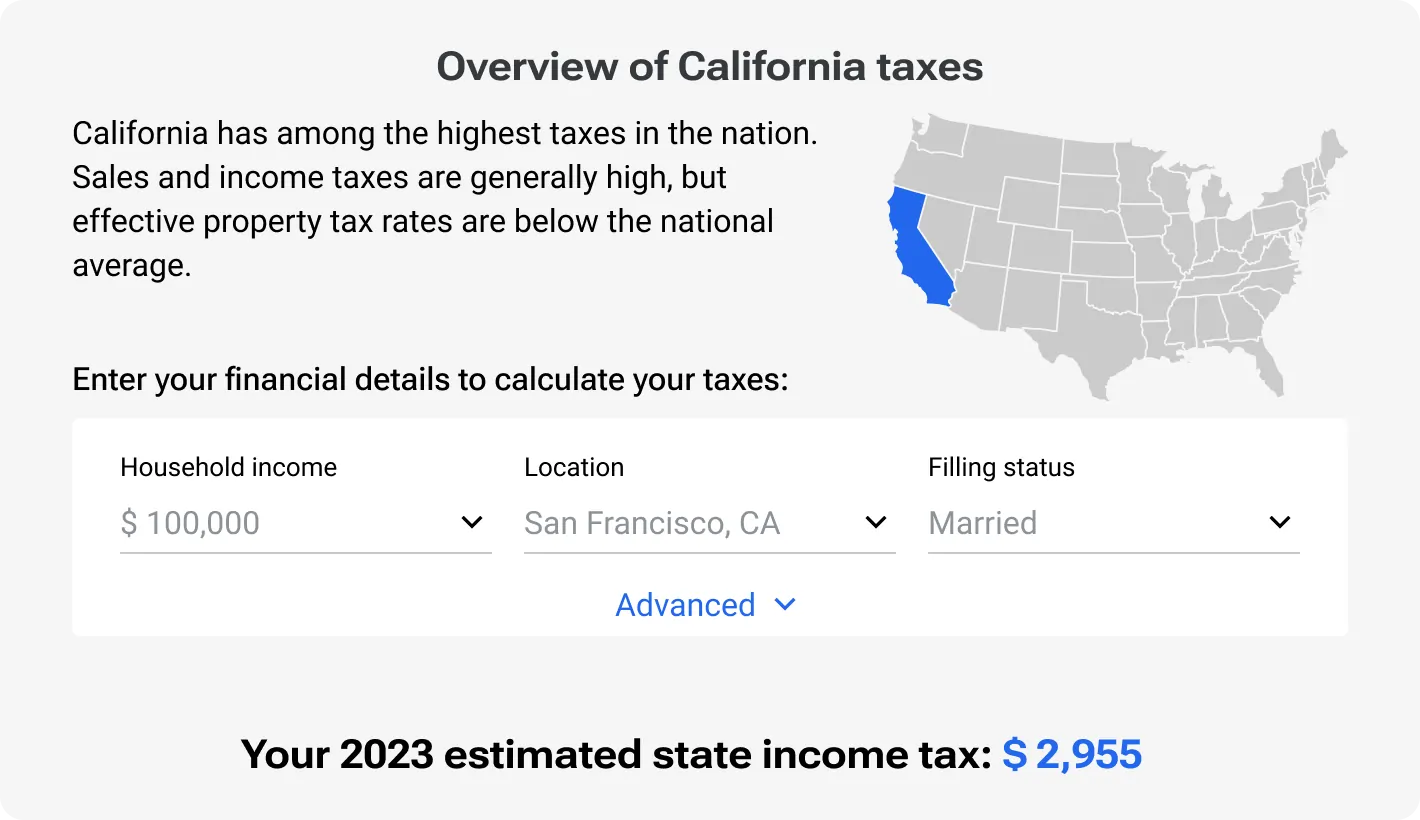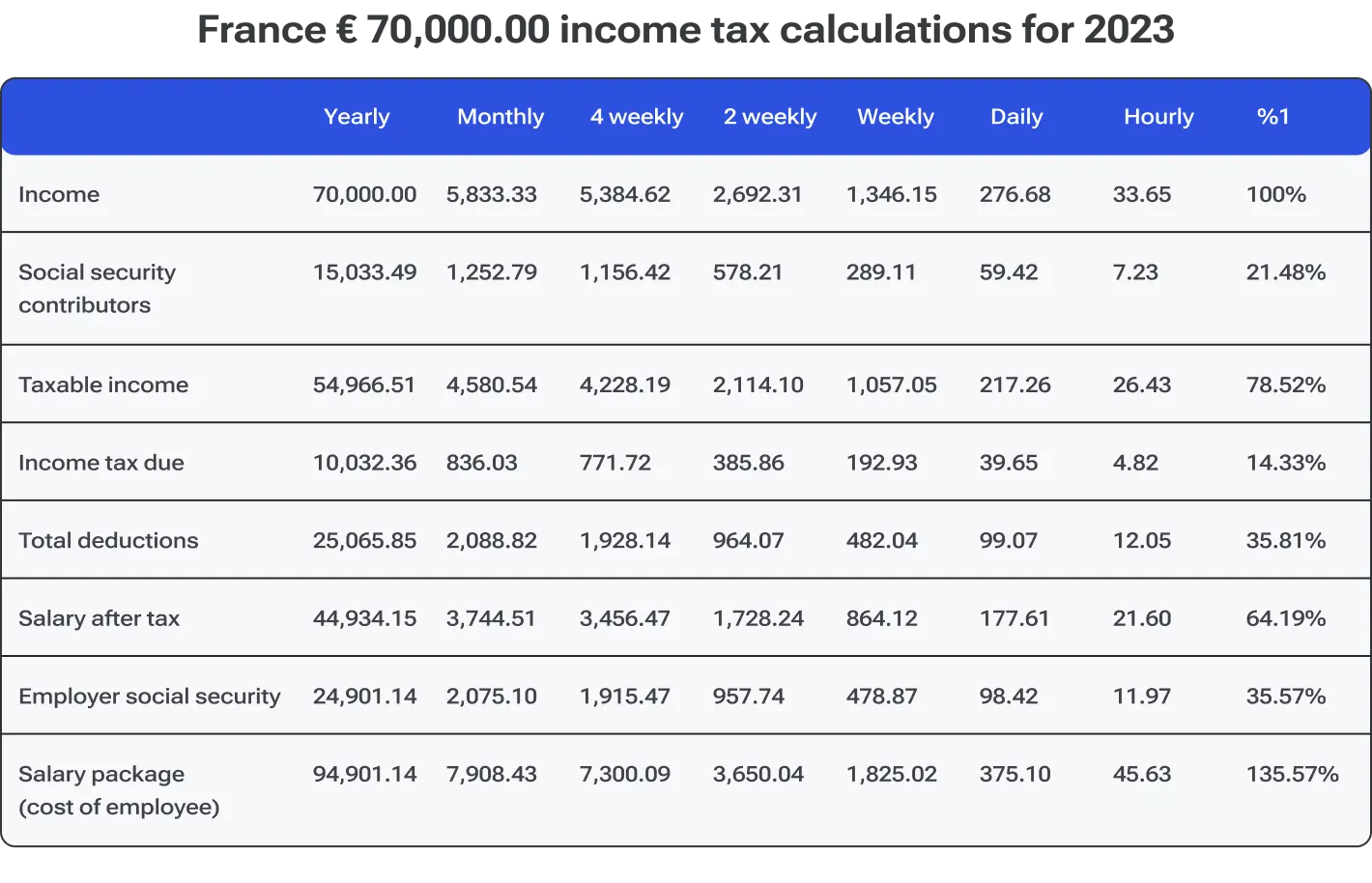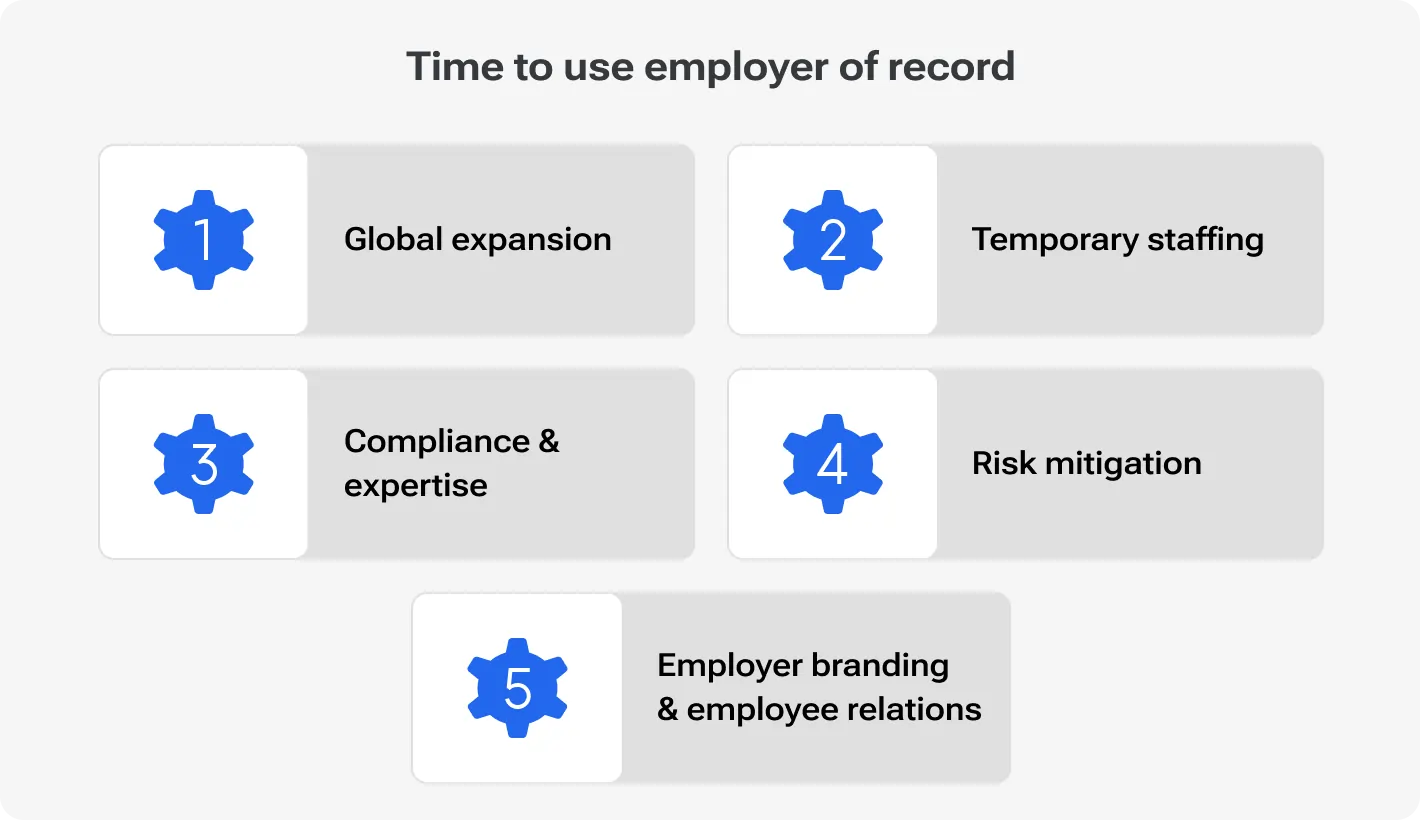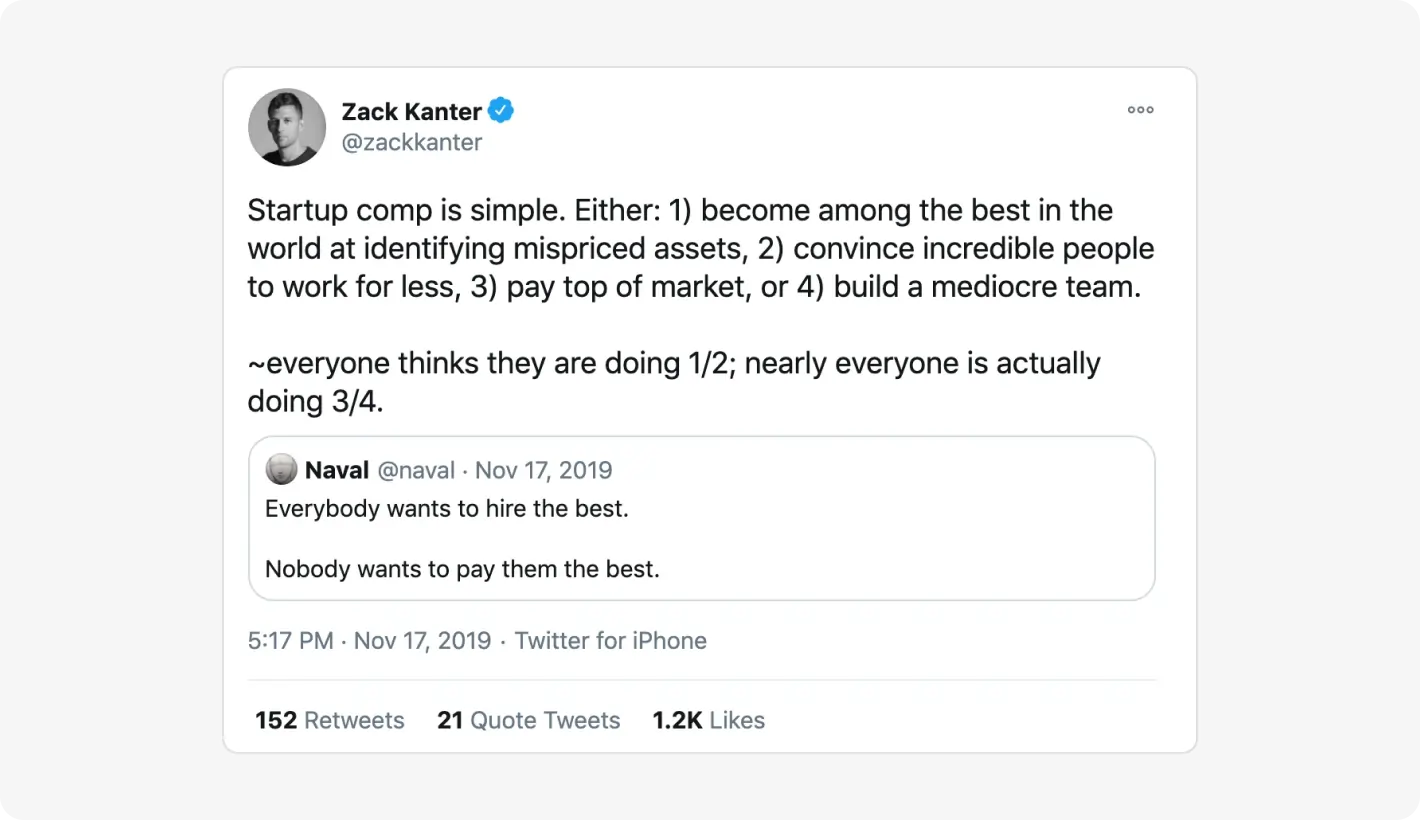The tech talent war is fierce. CompTIA Tech Workforce Report 2023 found a staggering tech workforce gap of 3.4 million globally. Hiring a remote workforce allows businesses to access global talent and bring diversity into their teams.
However, this approach comes with its challenges. Imagine the stress: navigating different employment laws, visa applications, and mountains of payroll paperwork — all while keeping your A-players focused on innovation. This is the pain point for many businesses looking to tap into the global talent pool.
Additionally, despite a slight decrease in compensation at the end of 2023, the demand for tech professionals has led to an increase in salaries if we take a less scaled look. Over the past several years, salaries for American tech workers have increased by an average of 3.6% annually, with significant spikes up to 5% in major tech cities like San Francisco and New York.
To address these challenges, the employer of record (EOR) model is a solution. An EOR is a third party that legally employs staff on behalf of another company. EOR’s hiring and managing all employment-related compliance issues, payroll, and benefits. It helps businesses expand globally, reducing risks and ensuring compliance with local employment laws.
Further, we will explore what is an employer of record, how an EOR works, the benefits it brings about, and how to effectively integrate this model into your global workforce strategy.
What is an employer of record (EOR)?
EOR services have a simple meaning. An employer of record (EOR) is a third-party company designated to take on the formal legal responsibilities of your remote workers' employment. Payroll, taxes, and ensuring compliance with local employment laws and regulations — EOR takes on all these hassles.
Considering the popularity of hiring digital nomads and searching for talents globally, there’s nothing groundbreaking in growing the global EOR market to USD 3745 million by 2028.
The employer of record contract is partially similar to a building project. Just as a general contractor is responsible for the legal and regulatory details of constructing a building, the EOR handles all the legal and compliance aspects of employment. Your business focuses on the “building” — or working with your team — while the EOR ensures that all employment-related paperwork and obligations are in order.
A notable example of EOR usage can be seen in the tech giant, Google. In its early stages of expanding into new markets, Google used EOR services to quickly onboard local talent in countries where it did not yet have a physical office or a fully established local entity. This strategy allowed Google to legally employ staff in these new markets, ensuring full compliance with local labor laws without the immediate need to establish a local corporate presence, thereby accelerating its market entry and operational setup.
Easily recruit and manage employees in any country where you lack a legal presence, paying up to 40% less than you would for local talent
Definition and function of an employer of record
We’ve provided an employer of record definition above. To be totally clear, that means the EOR manages everything from payroll to ensuring compliance with local employment laws. You focus on your team's everyday tasks while the EOR takes care of the official employment duties.
Core function of an EOR
The main job of an EOR is to act as the official employer for tax and compliance purposes. This company knows the ins and outs of the local market and its peculiarities. So, managing payroll taxes, unemployment insurance, and employee benefits is much easier for them. And last but not least — EOR hiring ensures that all employment practices meet local laws, which can vary significantly from one region to another.
For example, in Brazil, you can hire developers on a tax-free basis, but if you’re not a US resident. Meanwhile, in Ukraine, there is Diia City for that matter. The Ukrainian government created this tax space for internal and external companies to increase the country’s investment attractiveness.
How an EOR serves as a legal employer
When you hire remote or international workers, an EOR can serve as their legal employer in the region where they are located. This setup means that even if your company does not have a physical presence in a country, you can still legally employ someone there through the EOR. We can describe typical situations in many different ways. However, here are the most common ones.
Digital nomads within your country: If you hire remote workers in a different state/region within the US/Britain, for example, an EOR can manage state-specific employment regulations and tax obligations. This is crucial because employment laws such as minimum wage and sick leave requirements can differ widely from state to state (in the US case).
Global hires: When hiring internationally, an EOR can handle the complexities of employment laws in the worker's country. For instance, if a US-based company hires a developer in Germany, the EOR ensures compliance with German labor laws. Just to be clear: in Germany, there are stringent rules about worker protections and benefits and Germans usually aren’t people to talk into easily.
So, the employer of record agreement typically covers:
Payroll and taxes: EORs ensure your remote worker gets paid correctly and all local, state, and federal taxes are withheld and deposited.
Benefits administration: If you offer benefits like health insurance, the EOR manages enrollment and ensures compliance with local regulations.
Labor law compliance: The EOR acts as your guide in compliance matters. With their help, it’s much easier to meet all legal requirements for things like vacation time, sick leave, and termination procedures.
A few practical examples of EOR employment
A few examples, based on the explanation above.
Domestic case: You are a tech startup based in Texas that wants to hire a marketing specialist who lives in California. This is where EOR can be helpful. It handles all California-specific employment requirements, such as state payroll taxes and compliance with California’s strict labor laws, allowing the startup to focus on its core business activities. Below, we calculated taxes for high-paid married marketer; yet the thing is not an amount, but the peculiarities of the tax payment process.
International case: Your e-commerce business in the US wants to expand its operations to France. There is an EOR for that. This way, you can hire local marketing and sales professionals in France without setting up a legal entity there. The EOR manages all local employment tasks, including compliance with French employment contracts and benefit regulations. Below, we presented a rough gradual tax breakdown for a French marketer with EUR 70,000 income and one child.
And a couple based on niche and the need.
Remote developer in Berlin: You're a San Francisco startup and just hired a rockstar developer in Berlin. An EOR in Germany becomes their legal employer, handling their German payroll, taxes, and ensuring they receive legally mandated benefits like vacation days.
Sales manager in Sao Paulo: Your e-commerce business is expanding to Brazil. An EOR in Brazil takes care of hiring and onboarding your sales rep, processing their payroll in Brazilian Reals with proper tax withholdings, and ensuring compliance with Brazilian labor laws.
Benefits of engaging an employer of record model
EOR meaning in business is giving streamlined vibes as it comes with several significant advantages. Believe us, it really can transform your approach to global hiring and workforce management. At least in terms of laws issues.
Hire the best. Anywhere
EOR acts as your local "employer on paper," while you seamlessly hire top talent across borders. It's like having a global HR department at your fingertips.
For example, as we mentioned above, hiring in the US requires compliance with federal and state regulations, which is straightforward if you're already established there. However, entering a new country typically involves navigating a complex maze of local laws. EOR keeps this process simply.
Cost and time efficiency
Employer of record payrolling seems to be a magic wand as it eases off your administrative headache. And we can’t help but admit — this leads to cost savings. The National Association of Professional Employer Organizations (NAPEO) admits that EORs can save businesses an average of 21% on administrative costs associated with new hires. Moreover, 70% (!) of their clients increased their revenue in this way.
Risk mitigation
We can’t keep silent about the employer of record risks. Actually, local laws act as such a risk in terms of compliance issues, and missteps. EORs specialize in local employment laws, significantly reducing the risk of non-compliance. They keep up-to-date with changes in legislation, ensuring that your employment practices remain compliant without you having to become an expert in local law.
Scale up or down with ease
EORs is about flexibility — probably, the most valuable characteristic in today’s business environment. There are times when you need to scale your workforce up or down quickly. There are EORs for that: adjust your staffing levels without the usual red tape. This way, it’s much easier to enter new markets or scale back in response to business conditions, innit?
HR load reduction
Employment tasks significantly relieve your internal HR team's burden. Instead of spending time on complex international HR issues, your HR staff can focus on employees' ER, satisfaction score, and retention strategies.
How an employer of record works
Entering into an Employer of Record agreement can be smooth and streamlined. Below is a step-by-step breakdown of how it typically works.
1/ Initial consultation
We all want to know what to expect when starting a new endeavor. For that, there is a consultation with an EOR provider. During this consultation, ask everything you are curious about; also, try some sophisticated questions just on the off chance.
"Can you detail your experience with managing employment compliance in my target locations?"
"How do you handle employment regulations changes in different countries?"
"What is your process for resolving employment disputes under local laws?"
This way, you can gauge the provider’s capability to effectively handle complex international employment issues.
2/ Clarifying your hiring needs
Next, you will define your hiring needs, including the roles you need to fill and the geographical locations of these positions.
In a nutshell
Modern HR-screening startup Willo proposes a 4-step framework to hire the best.
Step 1: Tasks to complete
Break down your business goals into tasks to complete.
Step 2: Identify constraints
Find out which kind of expertise you need and how it’s connected to tasks and business goals.
Step 3: Cut, keep, invest
Let’s imagine that you want to expand the number of interviews you can conduct while also reducing costs. The task may seem impossible. However, there is just a need to minimize (cut) the initial screening time, maintain (keep) processes that are directly linked to evaluating candidate quality, and invest in automation to enhance the candidate experience.
Step 4: Find tools for assistance
Simply find the tools that will handle the most time-consuming things along the way.
3/ The EOR legally becomes the employer
Any framework you use will be helpful since you need to focus on something particular — one thing at a time. Once you’ve outlined your needs, the EOR legally employs the individuals you have chosen. They sign contracts with the EOR under local law, which makes the EOR responsible for legal compliance.
4/ EOR manages payroll, taxes, benefits, and HR issues
Employer of Record takes over all administrative tasks associated with employment. Contracting companies process payroll, handles taxes, administers benefits, and executes other HR functions. So, rest assured, all statutory requirements are met without you needing to delve into the complexities of local regulations.
5/ Your turn: maintaining control
While the EOR handles the legal and administrative aspects, you maintain control over the daily work assignments, performance management, and the cultural fit of your team. Want to streamline this process as well? Here are two instruments:
Asana: Common project management tool that allows you to assign tasks, track progress, and manage deadlines across different time zones and teams. Jira or even Notion is an alternative.
15Five: A performance management software that supports weekly check-ins, feedback, and employee development planning which can help align remote teams with company goals and culture.
Industries and situations where an employer of record is beneficial
Employer of Record contract is not a one-size-fits-all solution. Yet, it’s particularly advantageous in specific industries and situations where compliance, flexibility, and speed are more important than other aspects. EOR is a game-changer in these situations and niches.
1/ When entering new markets
Conditional example: Brazil (entire Latin America, actually) is one of the most popular destinations in the modern fast-paced business world. So, we have an ambitious tech startup based in the US looking to expand its operations into Brazil. This is where EOR should come into play. It allows the startup to hire local talent quickly without the need to establish a local entity, navigate complex Brazilian employment laws, or set up a local payroll system. What is probably even more important is that EOR knows the local talent market inside out, hence our startup has more chances to find cool specialists at an affordable price.
Real-life example: Ride-sharing giant Uber used EOR services during its global expansion. This allowed them to quickly hire drivers in new markets without the complexities of setting up local subsidiaries. Uber could focus on scaling their service while the EOR handled legalities like payroll and taxes. Ukrainian car-hailing alternative Uklon also tried to follow this path entering Azerbaijan and Uzbekistan.
Top 3 takeaways:
-
Speed: EORs can drastically reduce the time it takes to enter a new market by handling all local legal and HR tasks.
-
Cost efficiency: Saves on the high costs associated with setting up a foreign subsidiary.
-
Compliance assurance: Minimizes the risk of non-compliance with unfamiliar local laws.
2/ Businesses hiring remote contractors
Picture a global consulting firm that utilized EOR services to manage remote contractors across Southeast Asia. This way, the firm scales its operations with local expertise but without legal or administrative complexities.
Top 3 takeaways:
-
Streamline contractor management for a global workforce.
-
Ensure compliance with local labor laws for independent contractors.
-
Reduce administrative workload for your HR team.
3/ Companies with international project teams
Real-life example: SAP, a German multinational software corporation, often uses EOR services to staff and manage project-based teams in countries where they do not have a physical presence.
Top 3 takeaways:
-
Allows for quick assembly and disassembly of project teams as needed.
-
Provides access to specific expertise not available in the home market.
-
Centralizes the management of diverse and geographically scattered teams under one EOR provider.
Key considerations when selecting an employer of record partner
Choosing the right EOR partner is like finding your dream teammate – reliable, experienced, and ready to take things to the next level! Here are some key things to keep in mind.
Track record of compliance
First and foremost, ensure your EOR has a solid track record of compliance in the regions where you plan to hire. This can't be overstated — staying on the right side of the law is key to smooth operations. Don't be afraid to do your homework! Resources like the National Association of Professional Employer Organizations (NAPEO) or industry publications can offer valuable insights. Here are the other top three resources to check an EOR's compliance history:
Better Business Bureau (BBB): A great resource for viewing a company’s complaint history and how well they’ve dealt with these issues.
Trustpilot and other review sites: Reviews on Clutch, Glassdoor, and other platforms providing customer reviews can shed light on the EOR’s reliability and compliance performance.
Chamber of Commerce in target countries: Local chambers often have insights or can direct you to resources about the compliance history of businesses operating in their region.
Learn 10 questions to guide your decision-making process while choosing an EOR partner
Responsive customer support
Is it annoying when support beats around the bush and does nothing to help? Of course! So, pay attention to customer support.
Look at how Globalization Partners handled a rapid deployment challenge for a tech firm needing to establish a presence in Germany within a short timeframe. Their 24/7 customer support team was able to guide the firm through the entire employment process, ensuring compliance and operational readiness within days. This level of responsiveness is vital in mitigating risks associated with international hiring and compliance.
Pricing models
Remember to peel the onion on their pricing models and what’s included in their services. Some EORs might offer a flat fee, while others could charge a percentage of the employee's salary.
Make sure you know what you’re paying for — does the fee cover only basic employment tasks, or does it include additional services like immigration support and tax consulting? A clear-cut picture will help you avoid any surprises down the road.
To sum it up
Without any delay, let’s run through the gist:
Ditch the paperwork headaches and legal complexities of setting up shop in every country.
Scan the market for talents before entering it. Then, hire them with the peace of mind of full compliance.
Free up your HR team to focus on attracting and retaining top performers. Hand over administrative routine to Employer of Record.
Scale your workforce up or down as your business needs evolve. But pay special attention to what your Employer of Record contract includes.
Whether you're entering new markets, hiring remote contractors, or managing international project teams, an EOR significantly simplifies these processes. Choosing the right partner for an Employer of Record agreement is crucial. That’s why Devico always offers a free consultation call where you’ll talk to real tech specialists, and we can get an initial understanding of your goals.
Want to know how your business may benefit from EOR?


